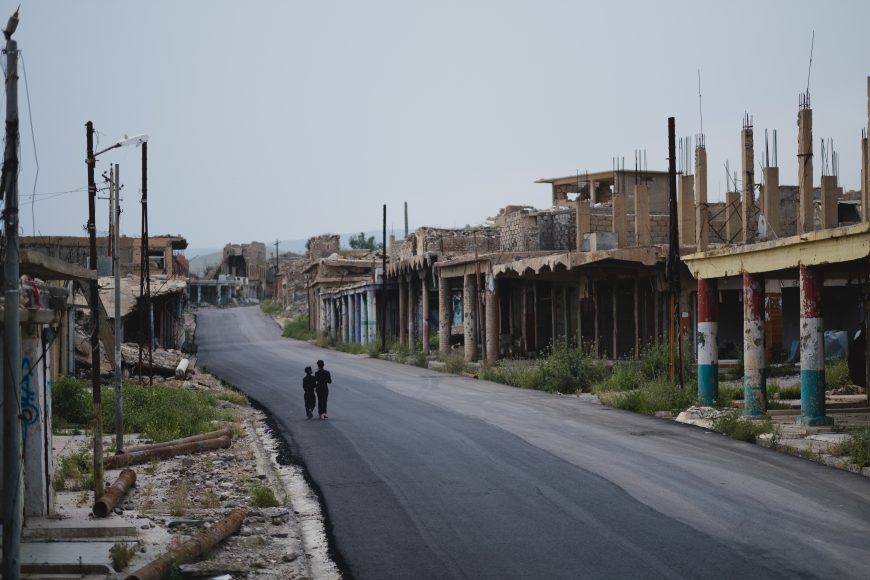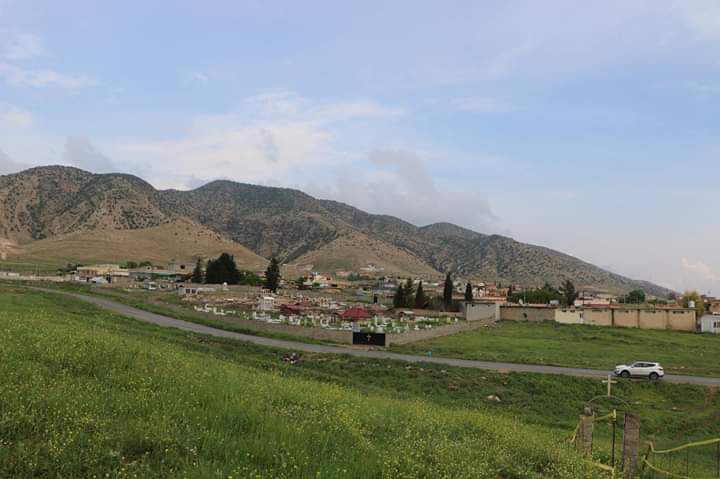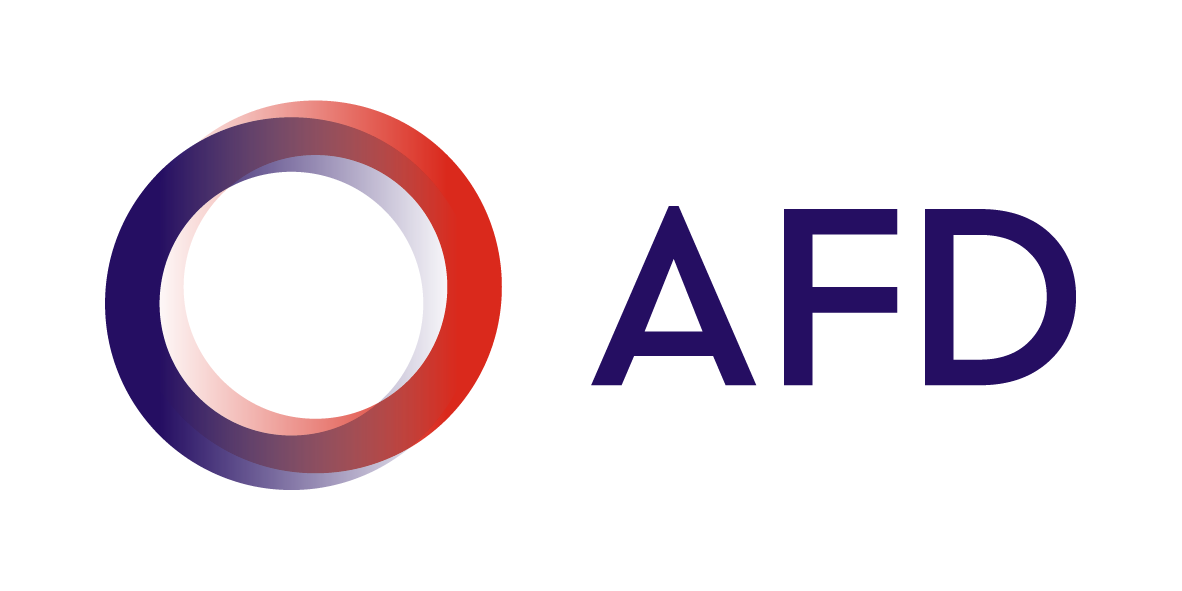Five years after ISIL seized the Sinjar Mountains in northern Iraq, thousands of displaced Yazidis remain scattered across displacement camps and informal settlements where assistance is limited.
ACTED, through its implementing partner Women's Empowerment for Peacebuilding (WEPO), are providing psychosocial support through yoga sessions to over 2,000 girls and women in northern Iraq.

The search for hope five years after ISIS
Azeezah[1], a 22-year-old Yazidi woman taken captive by militants in Sinjar in 2014. ISIL then transported her to Syria, and forced her to convert to Islam. She spent four years in captivity before escaping while her guards fought with Syrian Democratic Forces (SDF). She soon reunited with her younger sister and they live together in the Kurdish Region of Iraq (KRI).
Azeezah spoke to ACTED about the physical and psychological abuse she, and thousands of other Yazidi women suffered at the hands of her captors:
[1] Name has been changed to protect the beneficiary.
Within four years, I was sold three times and suffered all kinds of abuse under ISIS’ rule. They forced me to convert to Islam, pray during Ramadan and learn Islamic prayers. I found out later that they did the same to my younger sister.
Azeezah had no contact with her family during her time in Syria. Later, she found out that militants had also kidnapped two of her sisters. Her parents and other siblings fled to the Kurdistan Region of Iraq (KRI).
Despite the comparative safety of the KRI, conditions were still too precarious for Azeezah’s family to remain, hence they decided to move to Germany where they remain to this date.
After I arrived in Kurdistan, I thought I would be reunited with my family but I quickly understood that they were no longer here. I cried for three days.
As of today, most of the Yazidis who fled Sinjar have not attempted to return due to the lack of opportunities and the widespread destruction of homes and infrastructure. Azeezah thus remains in a small village in the KRI with her younger sister. They are both facing difficulties integrating within the new environment and conditions while the memories of the past remain.
It is very hard for us, two young women, in this environment. We have trouble to sleep, we keep on thinking about what happened to us back in Syria.
Alongside all the challenges they face as displaced persons living, often invisible to the aid system given how they do not live in official camps, many Yazidis have spoken about the rejection they experience from their own communities after escaping ISIL captivity. For women, this includes the perception that they are no longer worthy of marriage.
Yoga and Resilience Sessions help Iraqi women process the exteme experiences of conflict
Since her return to Iraq, Azeezah found that engaging has helped her come to terms with her experiences and made it easier for her to find friends among the other IDP women from Sinjar and Ninewa who participate.
In May 2019, Azeezah and her sister began taking yoga and handicraft classes and visiting a social worker as part of the psychosocial support provided by the NGO Women’s Empowerment for Peacebuilding (WEPO).

We attend all the sessions. It helps us to escape from our reality by doing interesting activities such as Yoga. I made friends there. They invited me to their houses and I invited them to mine
ACTED worked with WEPO through providing capacity building opportunities and sub-grants to facilitate their activities. WEPO is now working with over 2,000 female survivors of GBV in Iraq.
The women here are in great need of expressing their feelings, they need to build their own coping mechanisms, become stronger and resilient.
The yoga and other relaxation sessions for women are conducted to several groups of 20 girls and women gather every two weeks for different communities of Dohuk Governorate. WEPO social workers and yoga facilitators provide mental health and psychosocial support sessions coupled with relaxation through yoga to women-only classes. It is also a safe place for them to discuss their concerns, exercise, talk about their feelings and create a new social network in their displaced situation.
The sessions also provide information on protection risks relevant to the local context. This would include child marriage, sexual exploitation, and other forms of abuse which women face in Kurdistan. WEPO also provides guidance on accessing help and which NGOs are active in supporting women and girls.
I called my mother and told her I was going to the yoga sessions and seeing a social worker from WEPO and that I was doing better. She was happy for me. Even if we are not together, the time of suffering is over
This project was made possible through the support of Agence française de développement (AFD) and EU-MADAD:

